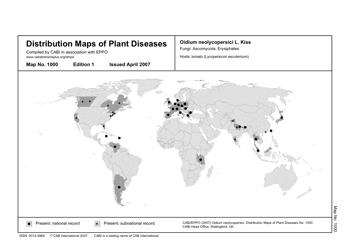Michael Kubisch has submitted another post, based on an article in Nature Genetics. Unfortunately the full article and a News and Views piece about it are behind a paywall. However, I’ve done some sleuthing to find a few links that give more details on the story, which I’ve added at the end. As Michael noted, the article is “not about genetic diversity of agricultural species, but how agriculture has affected human genetic diversity”. That’s good enough for us.
The ability to digest lactose, one of the primary carbohydrates in milk, varies widely among adult human populations. In some European countries nearly 90% of individuals can tolerate lactose, while the incidence in some Asian countries is as low as 1%. The inability to digest lactose is caused by a decline in lactase, the enzyme that breaks down lactose into sugars that can be absorbed into the blood stream. This decline starts shortly after weaning and most likely reflects the fact that until animals were domesticated, milk was simply not a staple of human diets. Lactose tolerance, or lactase persistence as it is sometimes called, in turn is facilitated by a continuous production of lactase throughout adulthood. Not surprisingly, lactase persistence appears to be closely linked to whether a population has traditionally practiced a pastoral or an agricultural lifestyle.
This new study examined the incidence of lactase persistence in several African populations. Based on analysis of genetic markers the authors of the study conclude that the trait appears to have evolved not only independently from Europe, but also more than once in Africa itself. Given that the prevalence of the trait is so high in some populations and domestication of milk-producing animals only goes back 12000 years or so, which is a mere blink of an eye in evolutionary times, milk consumption must have provided a significant benefit for human survival.
Those links:
- New York Times: Lactose Tolerance in East Africa Points to Recent Evolution
- Genetic Archaeology.com: Lactose tolerance gene proves Natural Selection in humans
- University of Maryland press release: UMd-Led Team Discovers Gene Mutation for Milk Tolerance in Africans
- Understanding Evolution ((Best of the lot, by far. What a fine site.)): Got lactase?
Â
